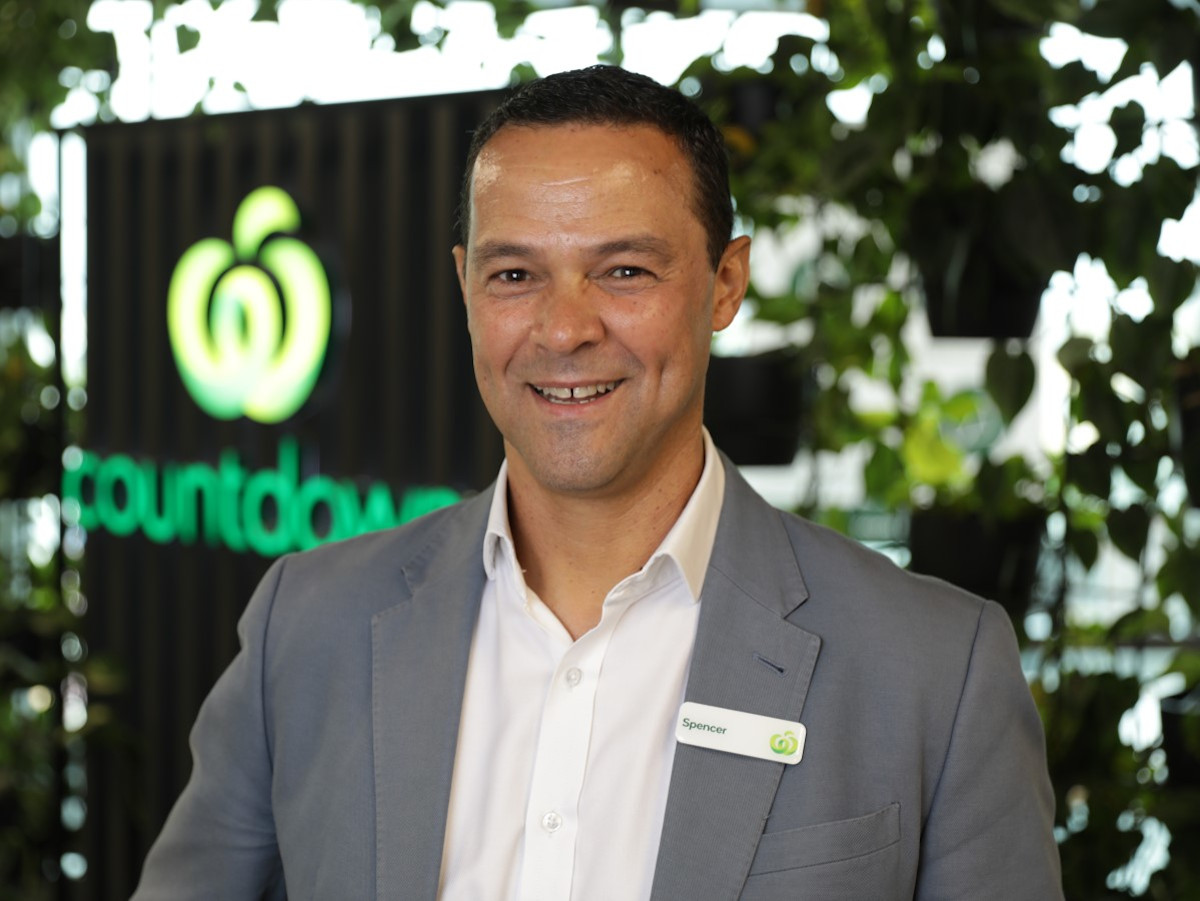Woolworths New Zealand has announced an EBIT decrease of 12.5% in its F22 results, falling from $361 million last year to $316 million in F22. While total sales grew by 5.8% to $7.6 billion, net profit after tax now equates to a profit of 1.8 cents per $1 spent with Woolworths New Zealand.
Material supplier cost increases in dairy and key imported food lines were a common theme across the year, including butter and margarine costs up 11% vs the year prior, cheese up 15%, frozen fruit up 30%, toilet rolls and tissues up 24%, pet food up 9%, and flour costs from suppliers up 19%.
Citing COVID, supply chain disruptions, price competition and ongoing cost pressures due to high inflation, Woolworths New Zealand Managing Director, Spencer Sonn, said that while F22 was undoubtedly one of the most challenging for the business in recent memory, he was proud of the 22,000 team members who were working hard to keep each other safe, show care for customers and meet the needs of the communities they serve. He also thanked Kiwis for their support and patience in a year marked by ongoing disruptions and stock availability shortages.
“Every day our team has shown up and put their best foot forward to serve our customers and communities, no matter what. I also can’t express enough thanks to our customers for their support and patience through COVID labour and supply chain disruptions,” says Sonn.
“When we look ahead to the next financial year, the outlook is still very challenging. Managing industry-wide inflationary pressures will continue to be our focus as we work hard to provide customers with good value, while also managing the cost pressures facing our supplier partners, particularly those based here at home in New Zealand.
“We know that our customers are facing higher cost of living pressures from all parts of the economy, not just groceries, and likewise New Zealand suppliers, and growers and farmers in particular, are feeling the impact of unpredictable weather, higher input costs and labour shortages which are all contributing to increased price pressure,” says Sonn.
“The year has been marked by materially high commodity prices for locally grown and produced goods like meat and dairy – high international prices which are reflected in what we pay here at home – and compounding this, many of the products our customers rely on are also imported from overseas, such as bananas, flour, pasta and toiletries. All of these impacts flow down into the price on the shelf.
“We’re deeply committed to all our communities across New Zealand, and that includes our customers, our team and our suppliers. Price competition across the retail food sector is robust and we remain committed to delivering the best value possible. We understand the genuine cost pressures suppliers are under, and we also want to do the right thing for our team in terms of increased wages. We’re building more new stores, more sustainably, and upgrading our existing ones; we’re strengthening the distribution network and we’re continuing to innovate in areas such as digital and eCommerce to meet our customers’ need for greater convenience,” adds Sonn.
Woolworth New Zealand’s online sales grew by 19.7% in F22 due to increased use during Covid lockdowns, with online as a proportion of total sales reaching a new high of 14.1%. This is the highest online penetration within Woolworths Group, with New Zealand a key driver of innovation for the Group more broadly.
Brad Banducci, Woolworths Group CEO, reiterated Woolworths Group’s commitment to investing in New Zealand: “We have proudly been part of the New Zealand community since our first store opened in Wellington in 1929, and we’ve continued to invest in F22, including into new state of the art distribution centres in Auckland and Palmerston North, the new Hilton meat plant in Auckland, and New Zealand’s first 4 Star Green Star supermarkets in Richmond and Waiata Shores.”
About Woolworths New Zealand
Woolworths New Zealand (WWNZ) is one of New Zealand’s largest employers with 22,000 team members across 190 supermarkets, distribution centres, processing plants and support offices. WWNZ is also the franchisor of more than 70 SuperValue and FreshChoice stores, which are locally owned and operated. Woolworths New Zealand is part of Woolworths Group.



